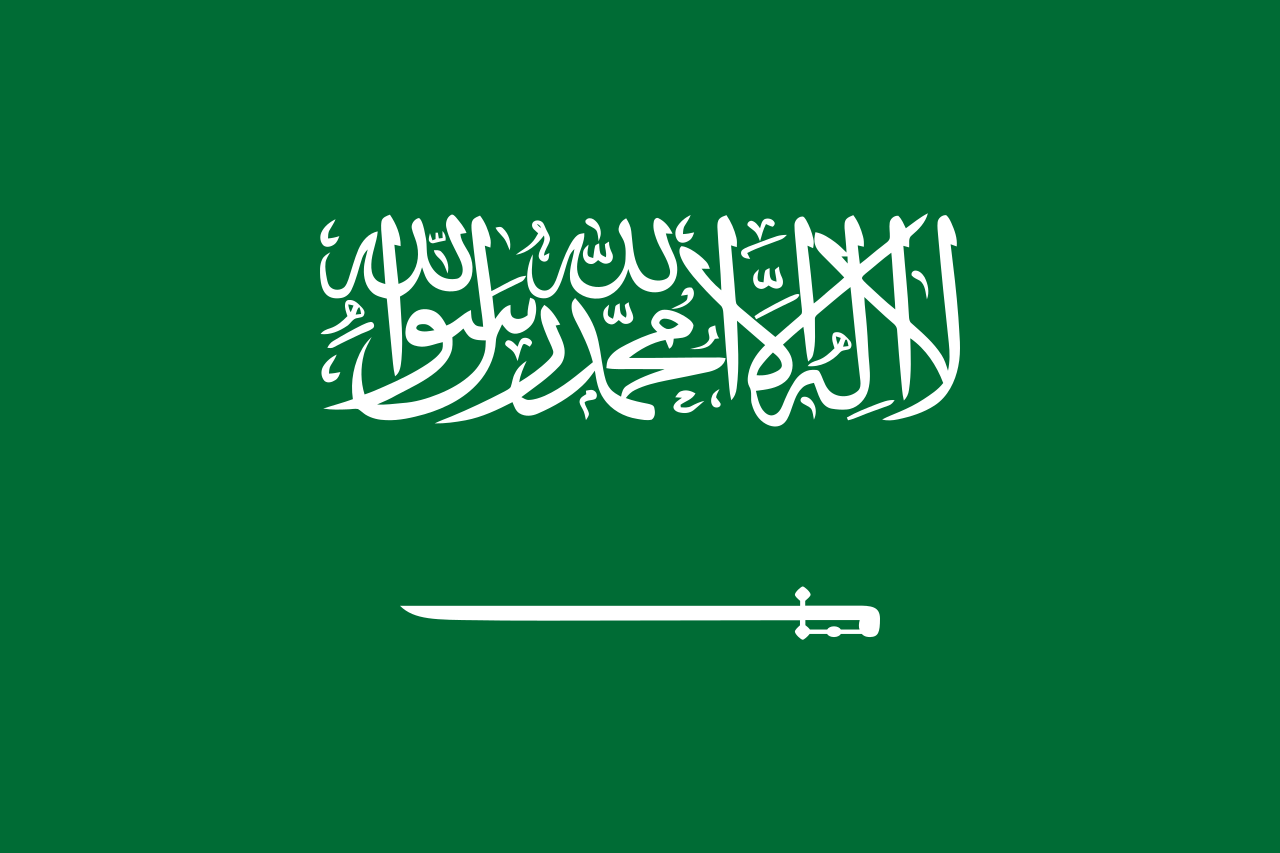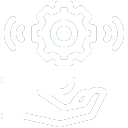Duration 5 Days
Course Outlines:
This course will cover the concept of process instrumentation and automatic control beside the related information about components, loops and control systems.
Who Should Attend
This training is ideal for process engineers, instrumentation and automation engineers, project engineers and managers, operations and maintenance engineers.
Course Objectives:
By the end of the course, participants will be able to:
- Understand the concept of automatic control
- List automatic control components
- Recognize different control loops
- Understand the distributed control system
Course Content:
- Fundamental Physics of Process Instrumentation
- Pressure concepts
- Temperature concepts
- Flow concepts
- Analytical concepts
- Introduction to Control Engineering
- Requirements of an automatic control system
- Temperature concepts
- Flow concepts
- Analytical concepts
- Control System Components
- Feedback loop
- Measurement and signal transmission
- The control valve
- Three- mode feedback controller
- Plant operator
- Applying Feedback Control
- Preliminary considerations
- Selecting the proper controller
- Tuning techniques
- Stability
- Cascade Ratio and Feed forward
- Feedback improvement
- Techniques
- Cascade control
- Ratio control
- Feed forward control
- Working with Multiple Control loops
- Control loop interaction
- Relative gain
- Pairing manipulated and controlled variables
- Dynamic effects
- Changing control strategies
- Total Distribution Control Systems
- Introduction to distributed process control
- The evolution of instrumentation
- Why distributed control has become important
- Displays
- Distributed control hierarchies
- Availability and reliability
- Configuration
- Algorithms and applications
- Hardware
- The operators station information storage
- Troubleshooting
- Communication
- Review of feedback control
- Selection
- Service & Troubleshooting
- Failure modes
- In – depth scaling
- The Central Processing Unit
- Basics of microprocessor technology
- Memory components
- Sequential program concept
- Program and memory requirements
- Computer Numbering System
- Digital representation of signals
- Binary, octal and hexadecimal
- Logical ending and oaring
- Bit shifting and rotating
- Data coding conventions
- Basics of Interfacing
- Digital input/output
- Analog - to - Digital conversion techniques
- Signal levels and buffering
- Opto - Isolation
- Input / Output modules
- Installation considerations
- Power supplies
- Peripheral Equipment
- Programming devices
- Display devices
- Storage devices
12.4. Printers
- Fundamentals of Tuning:
- Lambda tuning & Fine tuning
- Tuning for load rejection Vs. set point refection
- Tuning for different applications
- Speed of response robustness
 العربية
العربية





